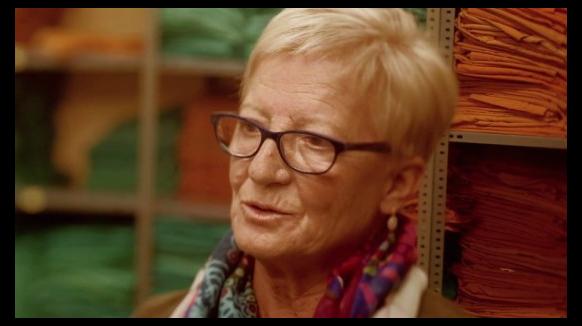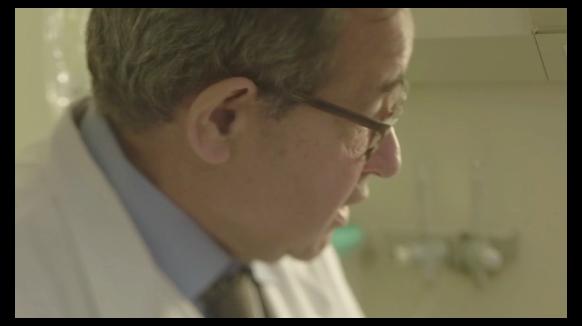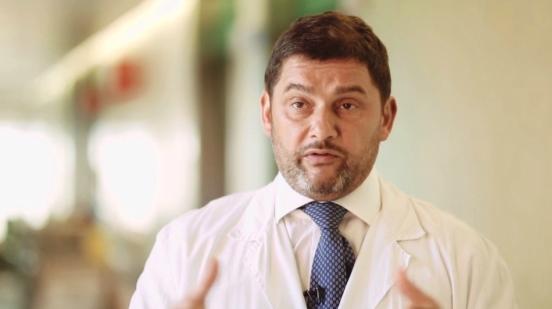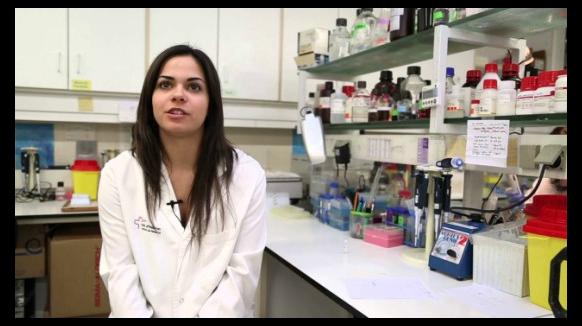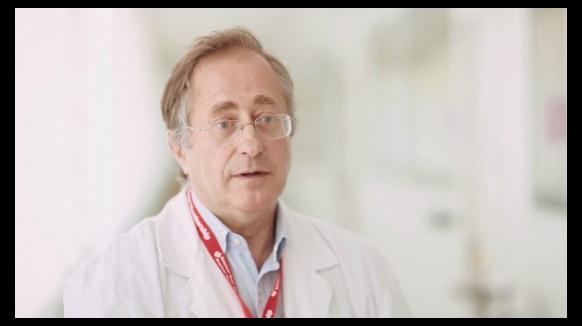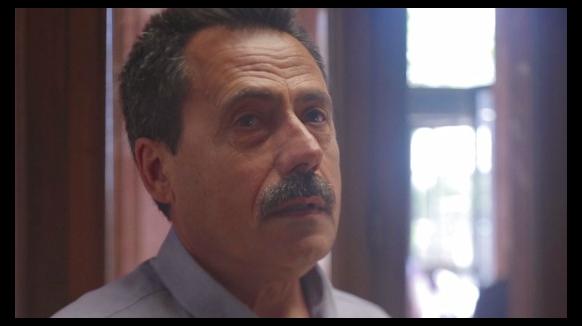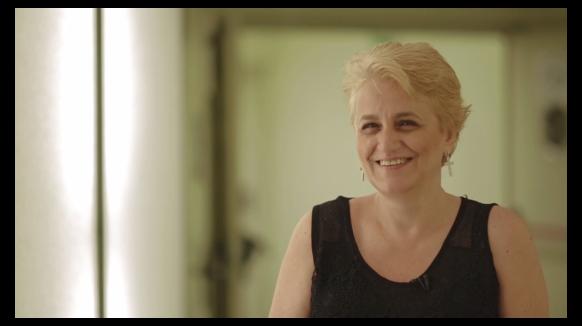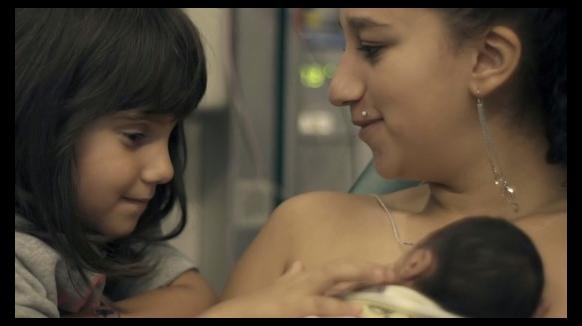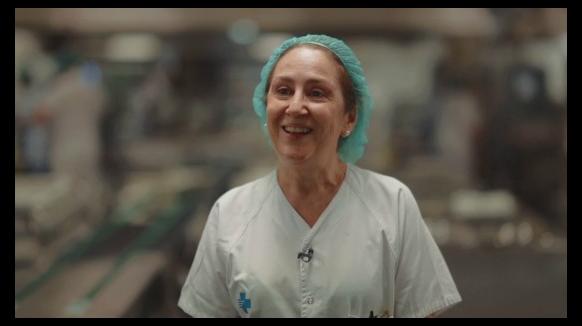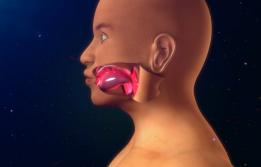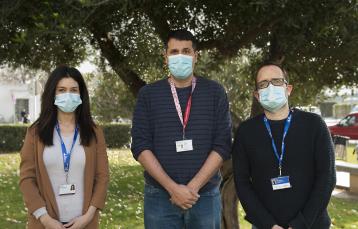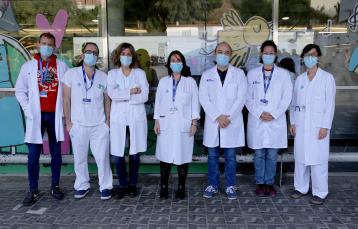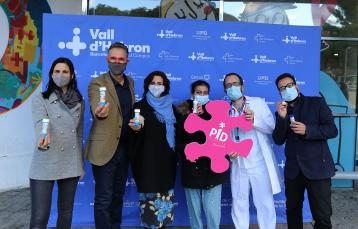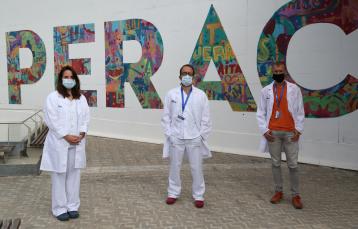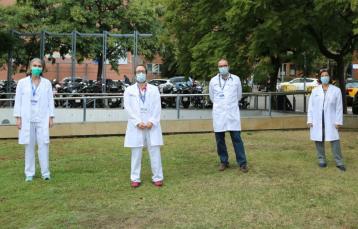Paediatric Infectious Diseases and Immunodeficiencies Unit
The Infectious Pathology and Immunodeficiencies unit of Paediatrics is a hospitalisation unit dedicated to the study and treatment of these diseases in children, and also acts as a consultancy in the diagnosis and control of complex infections in immunosuppressed patients. It was created in January 1996 for the study and treatment of paediatric diseases of infectious origin, but over time, the increase in cases of children with infections, for various reasons, means the unit has taken over more functions to face new challenges.
Description
In our Unit, we treat infants with infections and immunodeficiencies, a pathology that has become increasingly important in recent years. This increase in cases is due to several reasons, such as the emergence of AIDS, the emergence of almost forgotten pathogens, the importing of diseases from other geographical areas, the increase in opportunistic infections as a consequence of more aggressive treatments and more invasive diagnostic techniques, and the presence of new patterns of microbial resistance. This is in addition to the significant differences between treating children and adults. For this reason, our discipline is constantly being reviewed and updated, and is a key specialty for all hospital centres.
Our Unit was created in January 1996, as a hospitalisation unit dedicated to the study and treatment of paediatric illnesses of infectious origin, and in June 2004 it also incorporated the day hospital and the Outpatient Clinic for HIV and Primary Immunodeficiencies. A year later, at the initiative of the centre's management, it consolidated itself as a modern infectology unit, taking over consultation functions in the diagnosis and control of complex infection of critical and immunodepressed patients as well as patients from various paediatric specialties. We went on to incorporate the Outpatient Clinic for Infectious Community Diseases (contracted outside the hospital), Vertical Transmission Infections (from mother to child) and Pathologies, such as tropical diseases.
Portfolio of services
-
Infectious pathology consultation service for healthy immunosuppressed children
-
Hospitalisation for infectious pathologies and immunodeficiencies
-
Genetic counselling and risk assessment for immunodeficiencies
-
HIV Outpatient Clinic
-
Vertical Transmission Infections Outpatient Clinic
-
Community Infectious Diseases Outpatient Clinic
-
Primary Immunodeficiencies Outpatient Clinic
-
Imported Illnesses Outpatient Clinic
-
High resolution clinic
-
Second opinion Clinic
-
Interhospital Clinic
-
Digital Clinic
-
“I’m not alone” programme
-
Specialised psychosocial care
Teaching
-
Undergraduate training at the Autonomous University of Barcelona (UAB)
-
Training programme for residents
-
Monthly teaching sessions with ten hospital centres, using telemedicine
-
Bi-weekly clinical sessions: Tuesday, at 3:00 p.m.; Thursday, at 8:15 a.m.
-
Annual continuing education courses: paediatric infectology course and national IFI course
Research
The Unit participates in multiple studies and clinical trials, leading many of them. It is also home to the Infections in the immunocompromised paediatric patient research group. The main research lines of the Unit are:
-
Safety, efficacy and tolerance of anti-infectious agents
-
Family epidemiologic study of primary immunodifficiencies
-
Vertical transmission of HIV, Chagas and HTLV
-
Evolution of C/N infection by gram-positive cocci and "Candida"
-
Hidden hepatitis B virus (HBV) infection in immunocompromised patients
- Hospitalisation risk factors for influenza A (H1N1)
